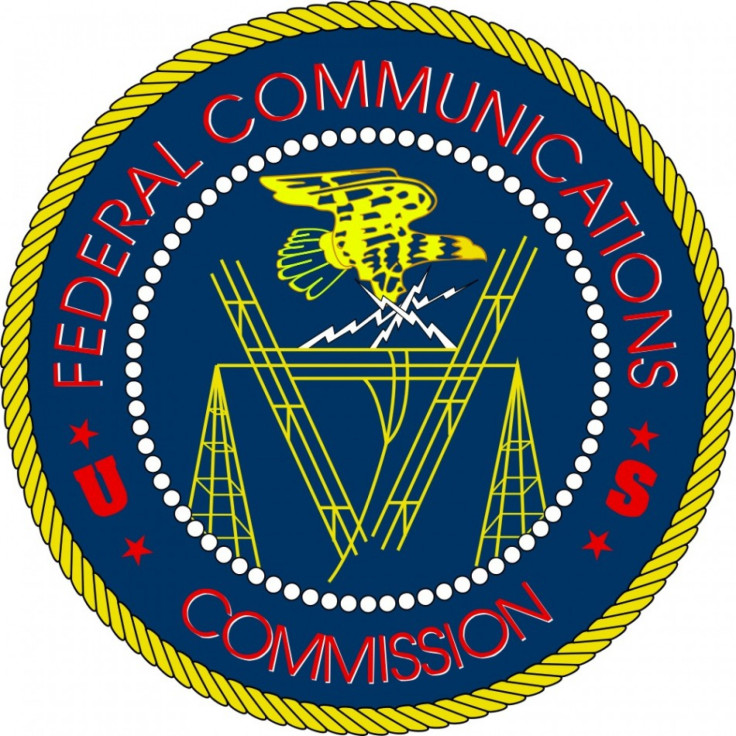FCC Votes For Changes In Universal Service Fund

The Federal Communications Commission has proposed changes in the Universal Service Fund, as it pushes for improved rural broadband services.
The Universal Service Fund was established in the 1930s to subsidize rural phone services. It has grown to an $8 billion fund that is disbursed according to a complex set of formulae involving factors like the amount of phone traffic and local population.
The USF is divided into five different programs, and the FCC wants to consolidate them into what will be called the Connect America Fund. Streamlining the fund should result in some savings, the FCC said.
Part of the proposed changes will be to push a transition from traditional wireline networks to those based on Internet Protocol. Another issue is ensuring that the funds are spent well and making the companies that get subsidies more accountable for the funds. The FCC also plans more market-driven and incentive-based policies but has not been specific about what those might be.
Reforming the system of intercarrier compensation will also be a priority, the Commission said. Telephone and broadband service providers pay each other in order to subsidize smaller companies in areas that are high-cost. The system also is designed to balance the costs of terminating calls between carriers. Currently it is based on per-minute charges. The FCC wants to get away from that, saying that the old system no longer reflects new realities of Internet-based traffic.
One thing that is off the table is a new tax on broadband service, say people familiar with the matter. Another point of contention will be what authority the FCC has to impose rules. Several phone companies, notably Verizon, have mounted challenges to the FCC over the network neutrality rules the agency has put in place. A decision from the U.S. Court of Appeals is pending, but it will likely move to the Supreme Court.
The commissioners issues statements supporting reform, though they had differences in the specifics. Some of the strongest language came from Robert McDowell, a Republican member, who said he hopes that reform will result in reducing the size of the USF. He also stressed that the FCC needs to make sure it has the authority to act.
Commissioner Michael Copps, a Democrat, differed with McDowell in that he said the USF has accomplished a lot and that extending world-class communications infrastructure across the length and breadth of the country isn't something that can be done on the cheap.
For its part, Verizon issued a statement saying that it looks forward to working with the FCC, but did not provide details. The United States Telecom Association, a trade group, also said it supports modernizing the USF.
To contact the reporter responsible for this story call (646) 461 6917 or email j.emspak@ibtimes.com.
© Copyright IBTimes 2024. All rights reserved.





















